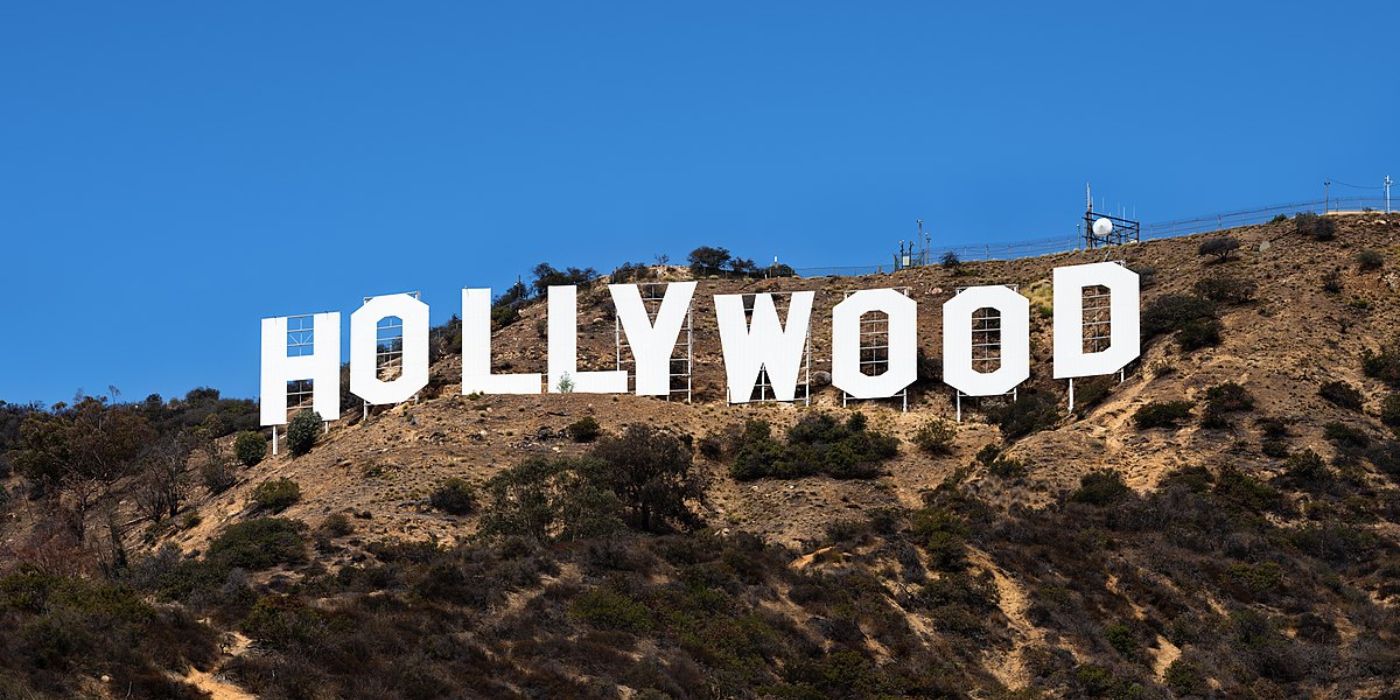For the first time in 15 years, the Writers Guild of America (WGA) has officially gone on strike after discussions with the Alliance of Motion Picture and Television Producers (AMPTP) failed to reach an agreement. One of the areas studios refused to negotiate on concerned the use of AI technology and generated content.
According to The Hollywood Reporter, the WGA released a statement explaining it "began this process intent on making a fair deal, but the studios’ responses have been wholly insufficient given the existential crisis writers are facing." It went on to add that it had been "stonewall[ed]" on proposals to minimize work with no pay and regulate A.I. writing in WGA-covered work.
The WGA and AMPTP Clash
The attitude toward artificial intelligence shocked one unnamed writer, who stated they "really did a double take at their [the AMPTP’s] complete unwillingness to negotiate on AI. They just want to computer-generate story and have maybe one writer punch it up [and] cut us out of the process." When asked about some of the proposals, a studio executive criticized the WGA's proposal for minimum hiring requirements, describing it as "crazy."
The terms of the WGA's strike calls on members to cease writing, revising, pitching or negotiating with companies that are members of the Alliance of Motion PIcture and Television Producers, beginning on May 2. Picketing will take place across Los Angeles at 1 p.m. PT on Tuesday at Culver Studios, CBS Radford and CBS Television City, Disney’s Burbank headquarters, Netflix’s Hollywood headquarters and the Fox, Sony, Paramount, Warner Bros and Universal studio lots. Similar gatherings will be held in New York at Peacock’s and Netflix's headquarters.
Future Negotiations for Film and TV's Writers
No future discussions between the WGA and AMPTP have been scheduled, though the latter released a statement explaining its studios "remain united in their desire to reach a deal that is mutually beneficial to writers and the health and longevity of the industry, and to avoid hardship to the thousands of employees who depend upon the industry for their livelihoods."
The WGA last went on strike for 100 days in 2007 and sought to increase funding for writers. The strike, which saw the participation of 12,000 film and television writers. The current strike similarly seeks to increase the pay and share of the profits for writers in the industry, necessitated by the rise of streaming and the oncoming development of AI technology.
Source: The Hollywood Reporter

